- The idea of democracy that we know today was born as an alternative to tyranny;
- The conflict between democracies and autocracies dates back more than 500 years BC;
- The war in Ukraine reignited the rivalry between these two systems, demonstrating this clash in practice;
Since the origin of these systems of government, democracies and autocracies have always coexisted with some degree of rivalry.
Therefore, it is natural that, since Russia’s invasion of Ukraine, this rivalry has strengthened and influenced the way in which countries are inserted in the international system.
However, even knowing that the form of government is not the dominant factor in international politics, it is necessary to understand the fundamentals of each system of government in order to more accurately premeditate its actions, especially during a conflict such as that between Moscow and Kiev.
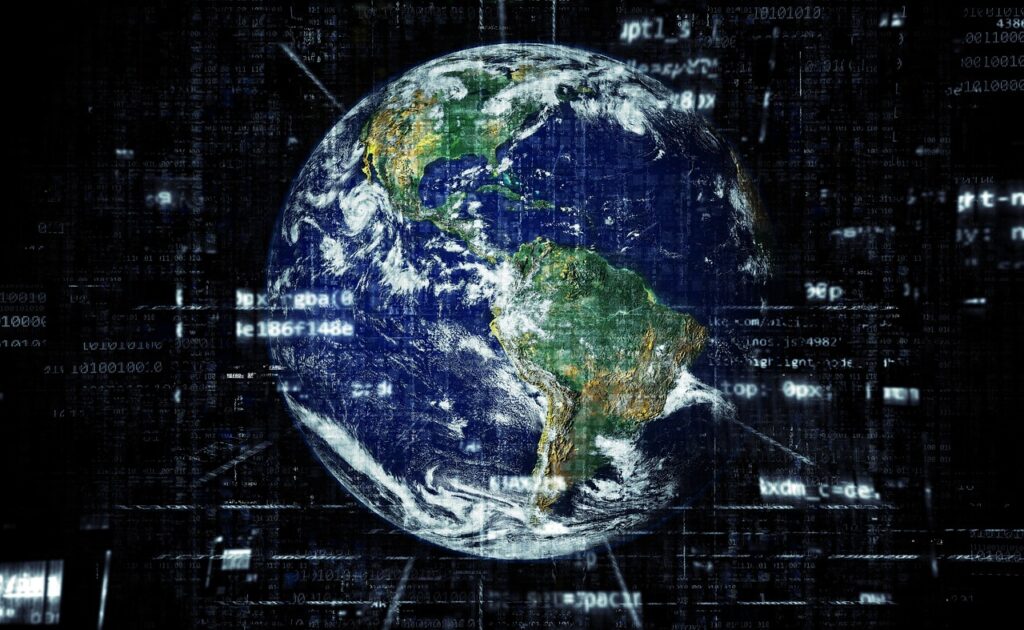
What is and what are the differences between Democracy and Autocracy?
Democracy is a political model originating in ancient Greece, and the structure of this word is composed of the radicals “demos” and “kratos”, which mean respectively: “people” and “power”.
Therefore, democracy is defined as “government of the people” or “popular government” in opposition to other forms of government, which also refer to the Ancient Age, such as aristocracy and monarchy, for example.
Modern democracy, as we know it today, is based on legal systems and political institutions, which represent the three powers: Executive, Judiciary and Legislative.
In contrast, autocracy is a form of government that also originated in Greece, but the structure of this word leads to another meaning. “Autos” and “kratos”, which respectively mean: “by himself” and “power”.
In short, autocracy consists of the personalization of power, that is, power is concentrated in a single ruler. One of the historical examples is the autocratic monarchs, however autocracy can happen without the figure of a king or emperor.
Even today, autocracy can even assign unlimited and absolute power over the subjects of the government as a whole, and the ruler has absolute control at all levels of the state.
What are the world’s largest autocracies and historic democracies, how do they function, and do they rival each other?
Although the difference between an autocracy and a dictatorship is difficult to determine, experts in political science and sociology generally agree on several recent historical examples of autocracies, including the following examples and noting that some of these are still ongoing:
- Soviet Union – while ruled by Joseph Stalin
- Italy – while governed by Benito Mussolini
- Japan – while ruled by Hirohito
- Germany – while ruled by Adolf Hitler
- China – while ruled by Mao Zedong
- Cuba – while ruled by Fidel Castro
- Venezuela – while ruled by Nicolas Maduro
- Russia – while ruled by Vladimir Putin
It is important to emphasize that some types of autocracies masquerade as democracies. Autocracies, often known as “authoritarian regimes,” maintain power through centralized control of information and resources. Generally, political opposition is prohibited or strongly restricted and the individual freedom of citizens is limited by the state.
Autocracies that resemble democracies are unique in that their leaders allow political opponents to run for election, yet these opponents rarely get elected.
In the case of democracies, there are specific elements that are necessary for a government to qualify as such. Some of the most important pillars are:
- A political system for choosing and replacing government through free and fair elections;
- The active participation of citizens in politics and civic life;
- Protection of the human rights of all people;
- A rule of law in which laws apply equally to all citizens.
The Democracy Index is an annual report compiled by the Economist Intelligence Unit some of the most democratic nations in the world today are:
- Norway
- Iceland
- Sweden
- New Zealand
- Finland
- Ireland
- Canada
- Denmark
It is important to note that the perception of democracy has evolved considerably over time, since the original form of democracy was direct, in which the electorate decided on political initiatives without elected representatives, differing from most currently established democracies.
Already today, the most common form of democracy is representative, when the population elects representatives to govern in their name, as in a parliamentary or presidential democracy.
What factors of the Russian war in Ukraine evidenced the duel between Authoritarianism and the Global Liberal Order?
The Global Liberal Order (OLG) is an attempt to extend democracy from the national level to the global level, where there are laws and customs that regulate relations between states to avoid constant wars. With the end of the Cold War, it was believed that it was the end of most autocracies in the world and that democracies and by extension the Global Liberal Order would have emerged triumphant.
However, the worldwide strengthening of autocratic China and the invasion of (albeit imperfect) Ukrainian democracy by the Russian autocracy, showed that we are not at the end of the story.
It is important to note that the opposite of world democracy, that is, of the Global Liberal Order would be Anarchy or Imperialism, where the law of the strongest prevails and the strongest nations can invade, conquer and absorb smaller nations. This “world system” was widely practiced in the pre-World War II world with constant wars of conquest.
That said, it can be said that Vladimir Putin started, not just a war between Russia and Ukraine, but a war between autocracy and democracy, when he used an anarchist and imperialist ideology to try to integrate a smaller and weaker to its territory.
Since Russian troops invaded Ukraine’s borders in February 2022, the war has become the symbol of a wider conflict: a global struggle between freedom and oppression.
In this vein, Western and liberal democracies came together to support the emerging Ukrainian democracy in its struggle against its authoritarian and expansionist neighbor.
However, even if Ukraine finally triumphs, democracies still find themselves increasingly challenged by autocracies, especially China and Russia, as these countries have drastically curtailed freedom of expression in their countries, ruined independent courts and integrated it state institutions for party purposes.
In the case of an unlikely Russian victory, resulting in the annexation of Ukrainian territory, Taiwan would certainly also suffer the consequences of authoritarianism through a possible Chinese invasion of its territory, which would take the inconsequential Russian invasion as an example. That is, it would be yet another possible negative consequence of the breakdown of the Global Liberal Order.
Why is the form of government of countries important and what are the geopolitical consequences of this clash?
The forms of government of a State determine the organization of powers and, consequently, the application of power over the governed. In this way, the insertion of the respective States in the international scenario is also affected, as well as their relations with other countries.
Under analysis, it is important to point out that not every authoritarian state will support another authoritarian government and not every democracy will be against dictatorships, which sometimes demonstrates a confusing set of overlapping power centers and shifting alliances.
However, even if the clash between democracy and autocracy does not become a dominant agenda in international relations, the division between these governments may assume a more relevant role as a result of the war in Ukraine, which may make it necessary to map a middle ground between these systems of governance.
However, the Ukrainian victory is of great importance for the Global Liberal Order, as if Ukraine is defeated it will mean that other autocracies could invade their weaker neighbors and emerge victorious without much consequence.
In this way, the Global Liberal Order would be fractured and humanity would return to a pre-World War II world with a greater number and constancy of wars for foreign territories, resulting in the increase of violent deaths due to conflicts in the world.
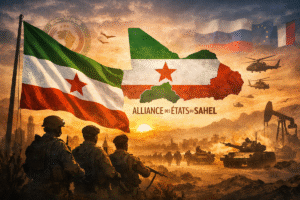

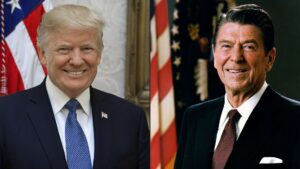
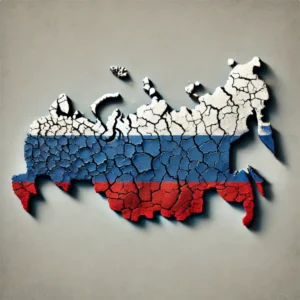
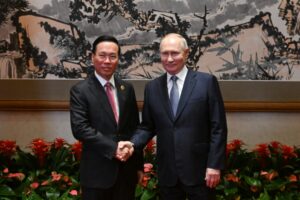
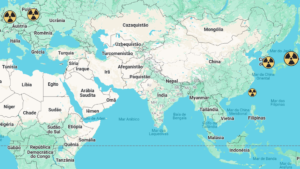
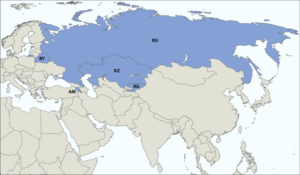
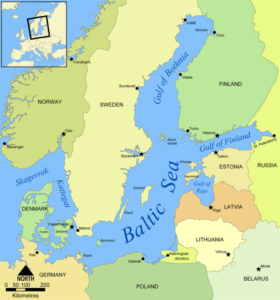
[…] aim to maintain regional security – whether land or sea – to guarantee the principles of the Global Liberal Order, international law and free […]
[…] Russia’s invasion of Ukraine and pressure from Ukrainian minister Mykhailo Federov for Elon Musk to provide Starlink services in […]
[…] In addition to the benefits to Europeans’ daily lives related to weather and traffic monitoring, one of the most important reasons for launching satellites is geopolitical tensions with Russia. […]